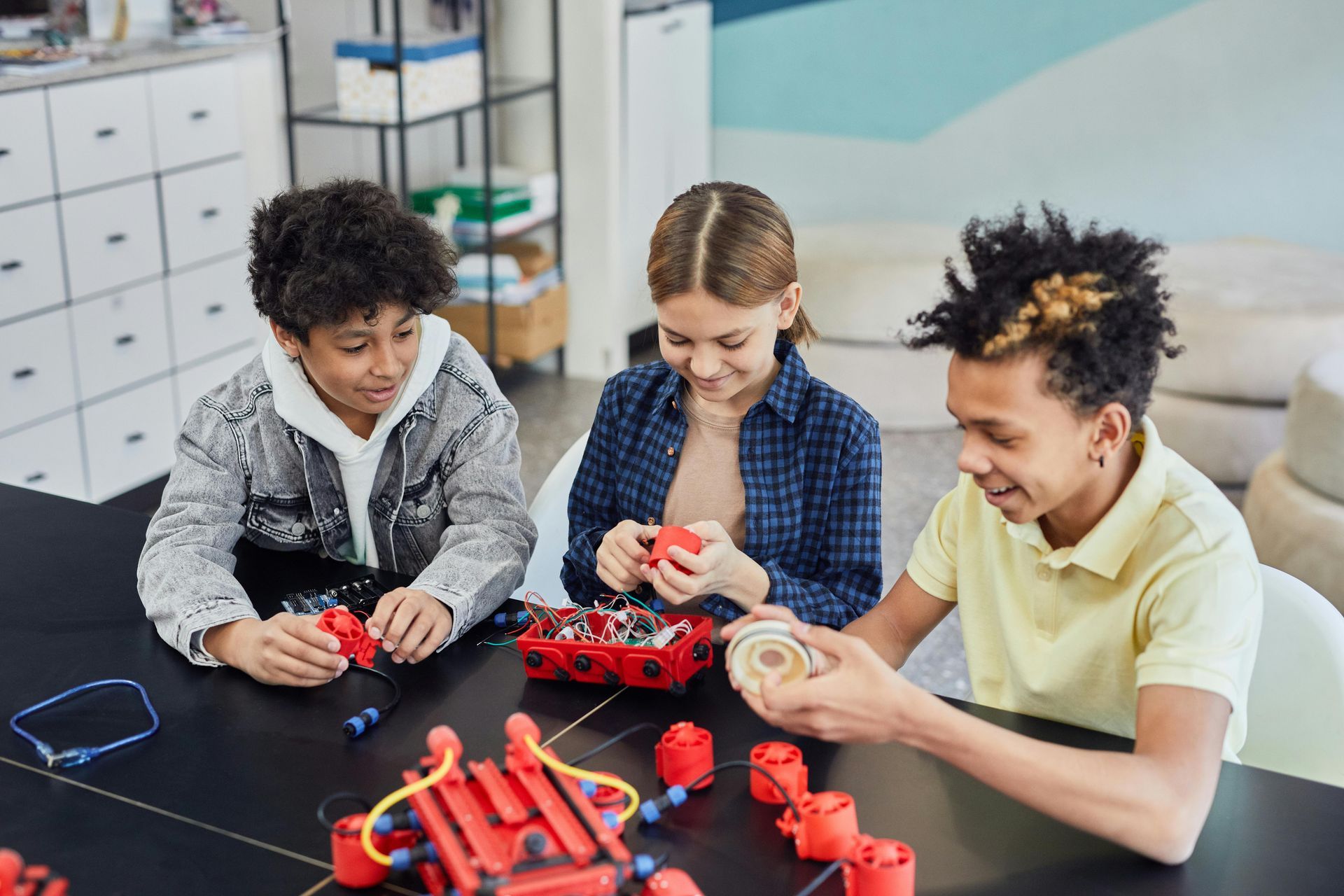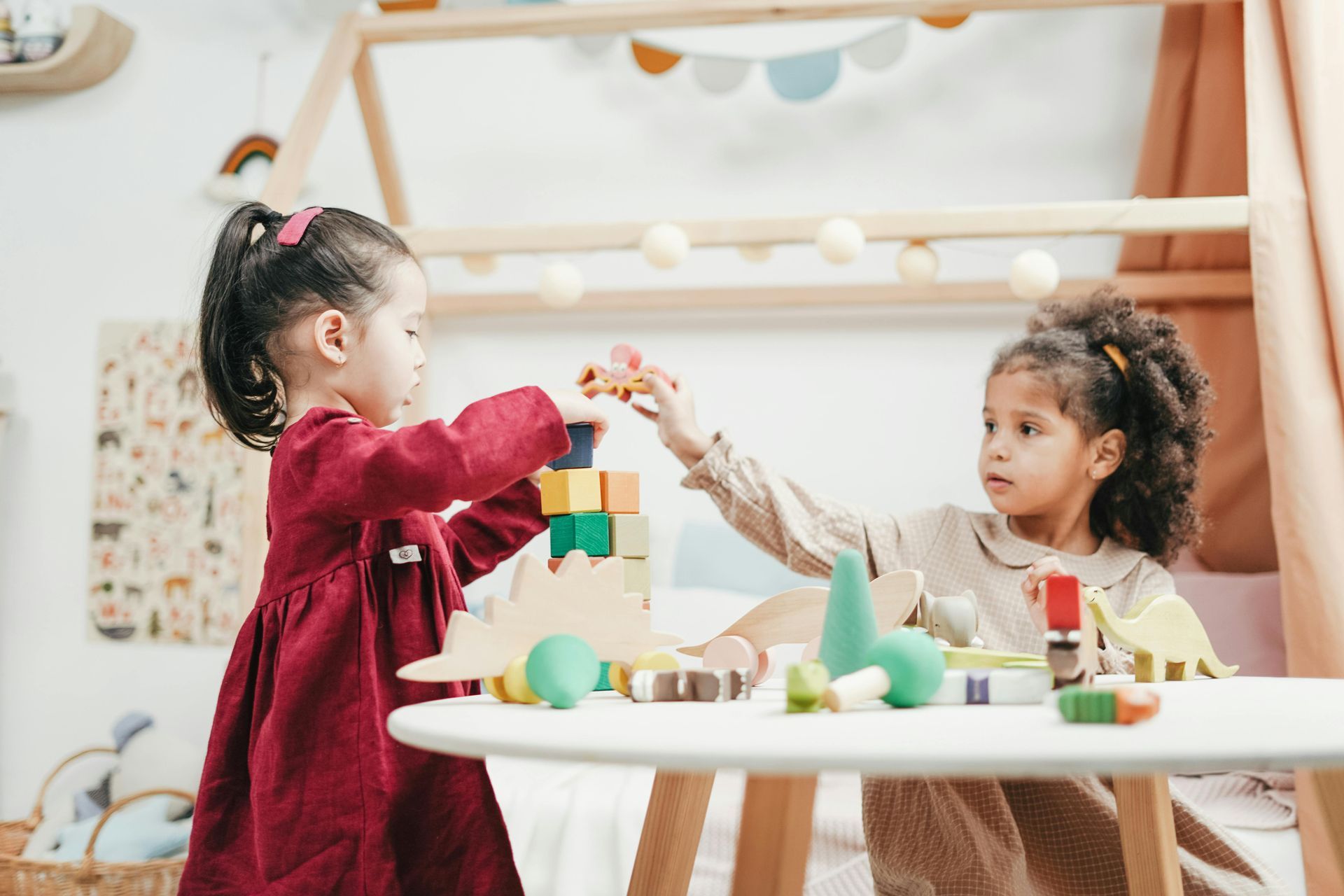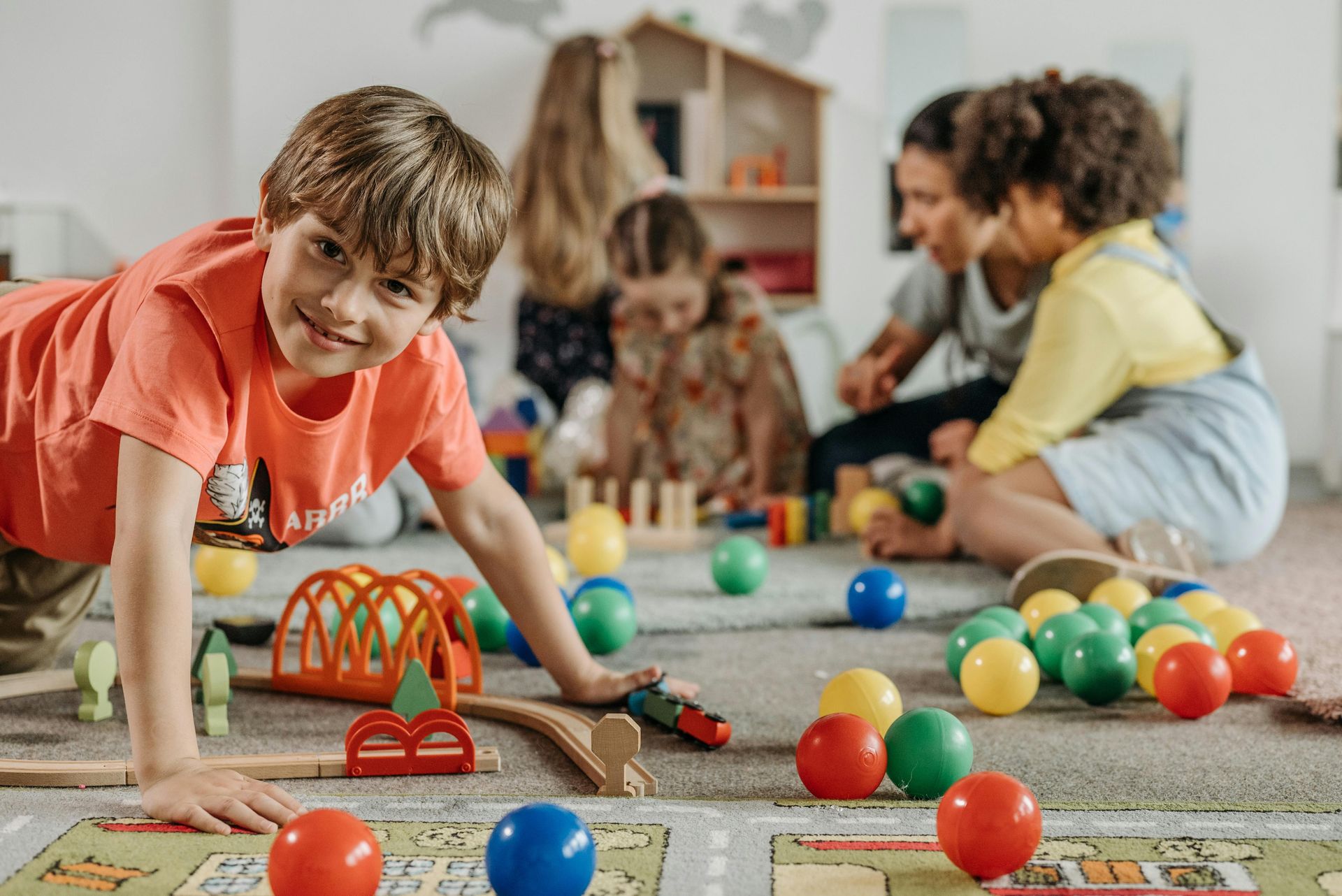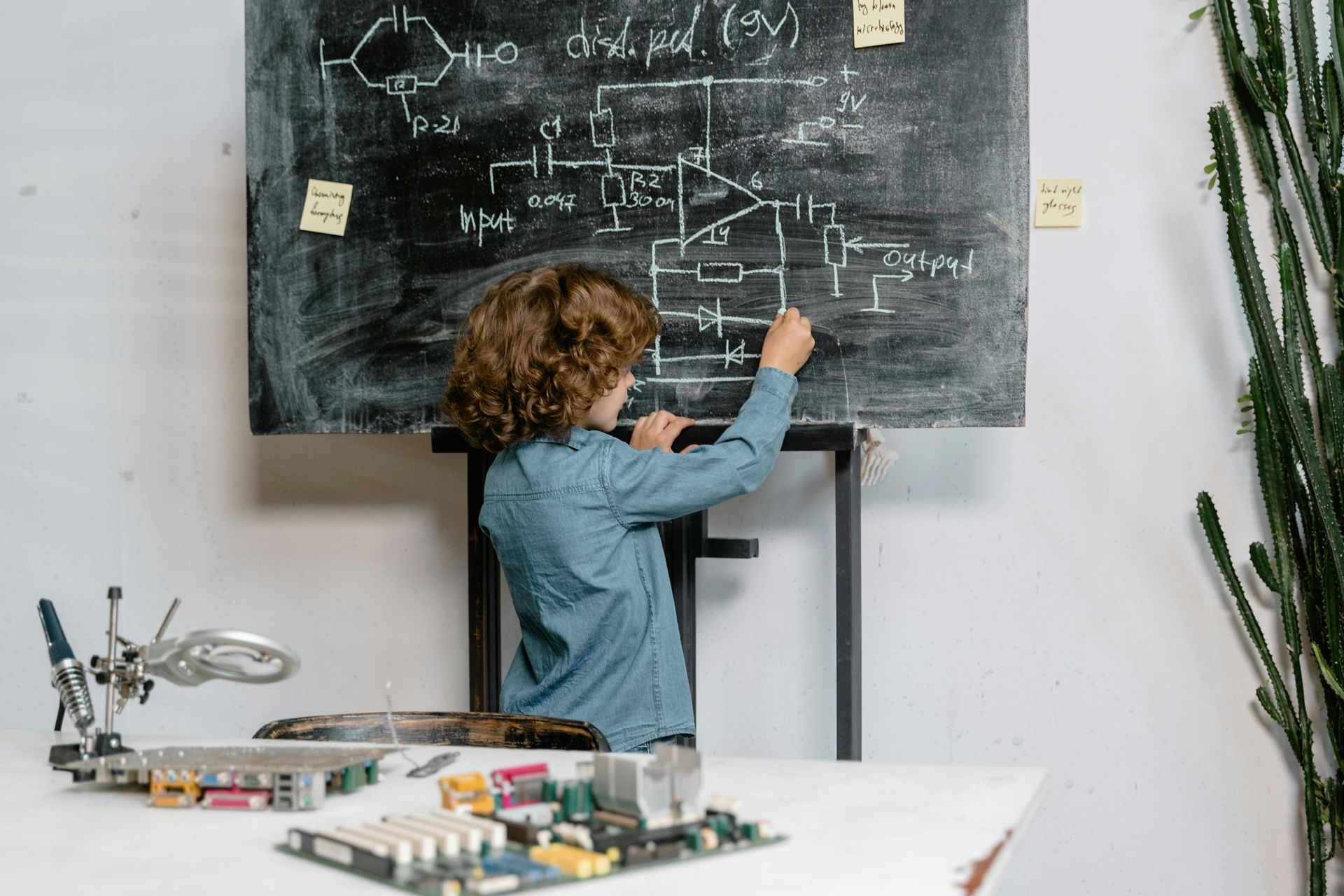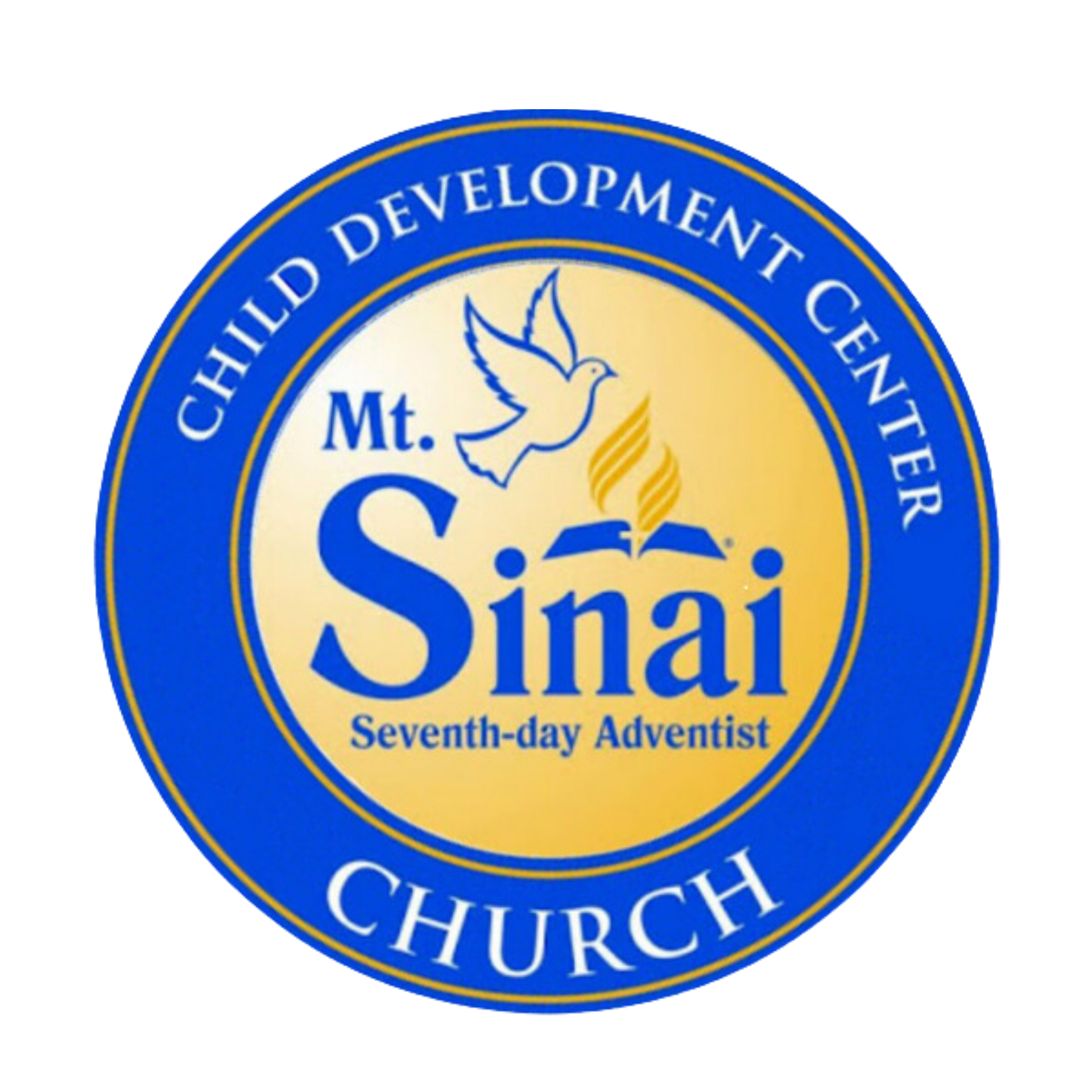Building Resilience in Children: Strategies at Mt. Sinai CDC
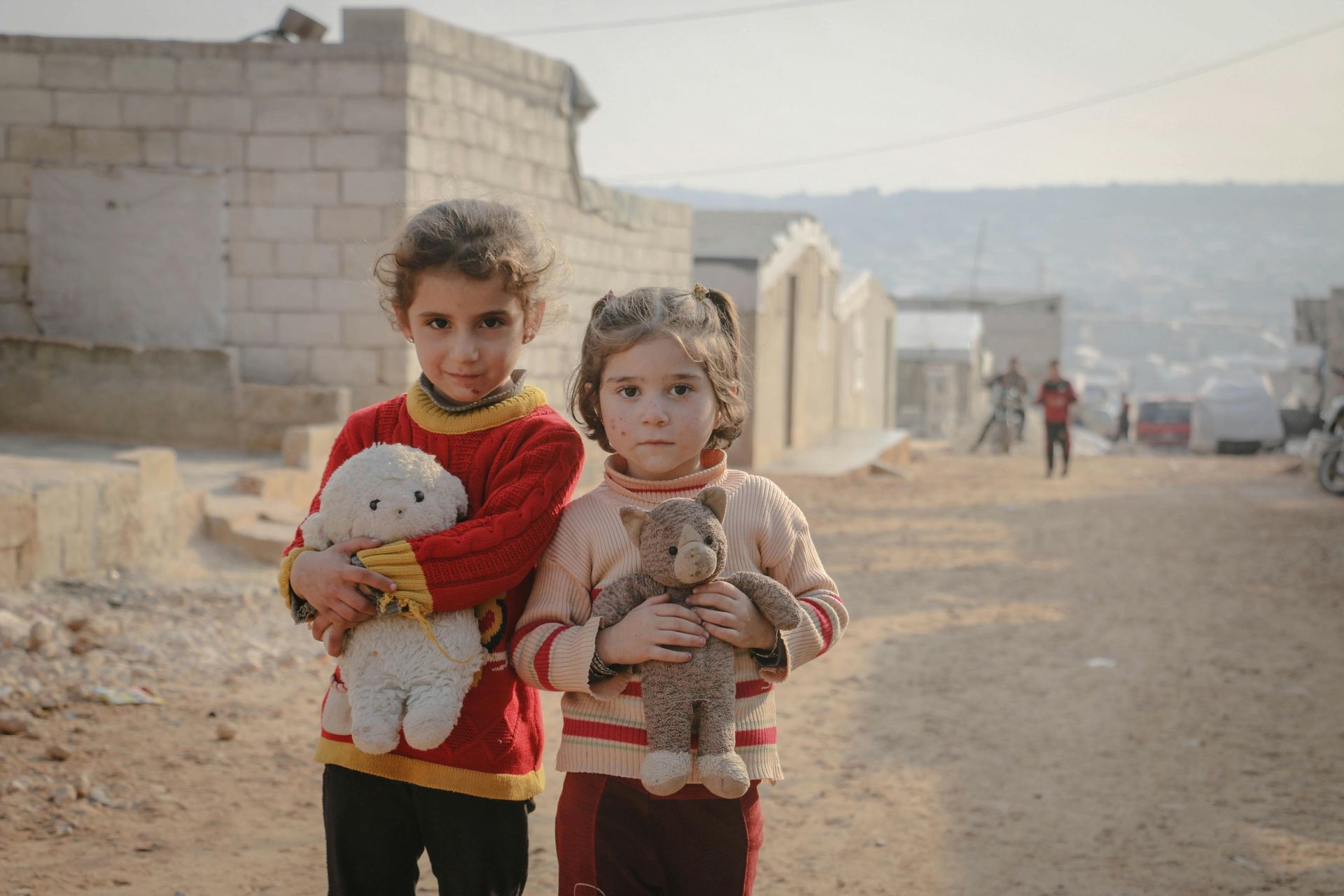
The Importance of Resilience in Early Childhood
Resilience is the ability to adapt to adversity, cope with challenges, and bounce back from difficult situations. It is one of the most important traits a child can develop, laying the foundation for emotional strength and success throughout their life. At Mt. Sinai Children’s Development Center (CDC), we believe that fostering resilience in young children is critical to their long-term well-being and ability to navigate the challenges they will face throughout their lives.
Building resilience starts in early childhood, where children are first exposed to the concepts of challenge, frustration, and problem-solving. Resilient children are better equipped to handle stress, regulate their emotions, and navigate difficult situations—skills that are essential for both personal and academic success.
In this blog post, we will explore the various strategies Mt. Sinai CDC employs to help build resilience in the children in our care. From teaching coping mechanisms to fostering a growth mindset, we are committed to supporting children as they develop the emotional strength and problem-solving skills that will serve them throughout their lives.
1. Teaching Coping Mechanisms for Managing Stress
Resilient children are able to manage stress in healthy ways. At Mt. Sinai CDC, we focus on teaching children strategies to cope with stress and frustration in a safe and constructive manner. By providing children with the tools they need to regulate their emotions, we help them develop resilience in the face of adversity.
- Mindfulness and Relaxation Techniques: One of the most effective ways to help children cope with stress is by teaching them mindfulness techniques. These practices help children become aware of their emotions and regulate their responses. We incorporate activities like deep breathing, guided imagery, and yoga into our daily routines to help children relax and focus. These techniques not only help children cope with stress but also improve their overall emotional regulation.
- Calming Spaces: Creating a safe, calming space in the classroom is another way we promote emotional well-being. When children feel overwhelmed or upset, they can retreat to this designated area to calm down and regain control of their emotions. This space is equipped with soft seating, calming visuals, and sensory tools such as stress balls or fidget toys to help children manage their feelings.
- Emotion Coaching: We teach children how to identify their emotions and use appropriate strategies to express them. Through regular conversations and activities, we help children label their emotions and explore healthy ways to express them. For example, we encourage children to use “I feel…” statements and model how to express frustration or sadness using words instead of actions. Emotion coaching helps children recognize that it’s okay to feel upset and provides them with strategies for managing those emotions.
By teaching coping mechanisms, we give children the ability to handle stress and navigate difficult emotions in a healthy, productive way.
2. Fostering a Growth Mindset
A growth mindset—the belief that abilities and intelligence can be developed through effort and perseverance—is one of the most important qualities for building resilience. Children who have a growth mindset are more likely to view challenges as opportunities for learning and growth, rather than obstacles to success.
- Praise for Effort, Not Just Achievement: At Mt. Sinai CDC, we emphasize the importance of effort over innate ability. Instead of praising children solely for their successes, we focus on the process and effort they put into their work. For example, when a child completes a puzzle or masters a new skill, we praise the effort they put into solving the problem, regardless of the outcome. This approach encourages children to embrace challenges and view setbacks as a natural part of the learning process.
- Encouraging Persistence: We create an environment where children are encouraged to keep trying, even when faced with difficulty. For instance, when a child struggles with a task, our teachers gently encourage them to try again and provide them with strategies for overcoming obstacles. This fosters a sense of persistence and helps children understand that learning is an ongoing process that requires effort and practice.
- Modeling a Growth Mindset: Our educators are role models for the children in our care. We actively model a growth mindset in our interactions with children, demonstrating how to approach challenges with a positive attitude and perseverance. Whether it’s a teacher solving a complex problem or learning a new skill, we make sure to highlight the importance of growth and learning from mistakes.
By fostering a growth mindset, we teach children to embrace challenges, learn from failure, and develop the perseverance needed to overcome obstacles.
3. Encouraging Problem-Solving and Independent Thinking
Problem-solving is a key component of resilience, as it enables children to navigate difficult situations and find solutions to challenges. At Mt. Sinai CDC, we encourage children to think critically, approach problems creatively, and develop the confidence to solve issues independently.
- Providing Opportunities for Decision-Making: Children build resilience when they are given the opportunity to make choices and decisions. Whether it’s choosing a book to read, deciding which activity to engage in, or solving a conflict with a friend, we encourage children to take ownership of their decisions. By allowing children to make choices, we help them develop confidence in their ability to make decisions and face challenges on their own.
- Collaborative Problem-Solving: In addition to independent problem-solving, we also promote teamwork and collaboration. When children encounter problems, we encourage them to work together to find solutions. For example, if a group of children is having difficulty building a structure with blocks, we might guide them to brainstorm ideas together and experiment with different ways to solve the problem. This collaborative approach teaches children the value of working with others and helps them build resilience through shared problem-solving.
- Scaffolding Problem-Solving Skills: While it’s important for children to have opportunities to solve problems on their own, sometimes they need support in developing problem-solving skills. Our teachers use a technique called scaffolding, where they provide guidance and support as children work through challenges. This could involve asking open-ended questions, providing hints, or demonstrating problem-solving strategies. As children gain confidence, we gradually reduce our support, allowing them to take on more responsibility for solving problems independently.
By encouraging problem-solving and independent thinking, we help children develop the skills they need to navigate challenges and build resilience.
4. Promoting Social Connections and Emotional Support
Resilience is not just an individual trait—it is also influenced by the social connections and emotional support that children receive. At Mt. Sinai CDC, we create an environment where children can build strong, positive relationships with their peers and teachers. These social connections provide the emotional support that is essential for developing resilience.
- Building Friendships Through Social Play: Social play is a crucial aspect of early childhood development, and it plays an important role in building resilience. By engaging in cooperative play, children learn how to share, take turns, and navigate social conflicts. These experiences help children develop social-emotional skills and build friendships that provide emotional support in times of stress.
- Teacher-Child Relationships: A strong, supportive relationship with a teacher can be a source of comfort and security for children. Our teachers make an effort to connect with each child on an individual level, offering emotional support and encouragement. Whether it’s offering a hug after a difficult moment or providing praise for a child’s efforts, our teachers create a safe space for children to express their emotions and feel supported.
- Conflict Resolution and Peer Mediation: Conflicts are an inevitable part of early childhood, but they also provide opportunities for learning and growth. At Mt. Sinai CDC, we teach children how to resolve conflicts peacefully and effectively. Our teachers guide children through the process of negotiation, helping them find solutions that are fair and respectful to all involved. Through these experiences, children learn that conflicts can be resolved through communication and cooperation, which builds their resilience in social situations.
By promoting social connections and providing emotional support, we help children develop the sense of security and belonging they need to thrive.
5. Encouraging Healthy Risk-Taking and Learning from Mistakes
Building resilience also involves encouraging children to take healthy risks and learn from their mistakes. Taking risks helps children develop confidence, learn new skills, and build emotional strength. At Mt. Sinai CDC, we create a safe environment where children can take risks, make mistakes, and grow from those experiences.
- Safe Exploration and Experimentation: We encourage children to explore their environment, try new things, and experiment with different activities. Whether it’s building a tall tower with blocks or trying a new art technique, we provide opportunities for children to challenge themselves and step outside their comfort zones. These experiences promote confidence and help children develop a sense of agency over their learning.
- Learning from Failure: We believe that failure is a natural part of the learning process, and we encourage children to view mistakes as opportunities for growth. When a child makes a mistake, we help them reflect on what happened and discuss ways to improve next time. This positive attitude toward failure fosters resilience, as children learn that setbacks are not the end, but rather a stepping stone to success.
By encouraging healthy risk-taking and learning from mistakes, we help children develop the emotional strength and resilience they need to succeed.
Understanding
the role of play in child development is essential to
building strong foundations for early literacy, as playful learning naturally fosters communication, imagination, and language growth.
Building a Foundation of Resilience at Mt. Sinai CDC
At Mt. Sinai CDC, we are dedicated to helping children build resilience—the emotional strength, problem-solving skills, and coping mechanisms they need to navigate life’s challenges. Through strategies like teaching coping techniques, fostering a growth mindset, encouraging problem-solving, and promoting social-emotional development, we provide the tools children need to thrive.
We believe that resilience is not just about bouncing back from challenges; it’s about developing the confidence, perseverance, and emotional strength to face adversity head-on. By nurturing resilience in young children, we are setting the stage for lifelong success, well-being, and happiness.
